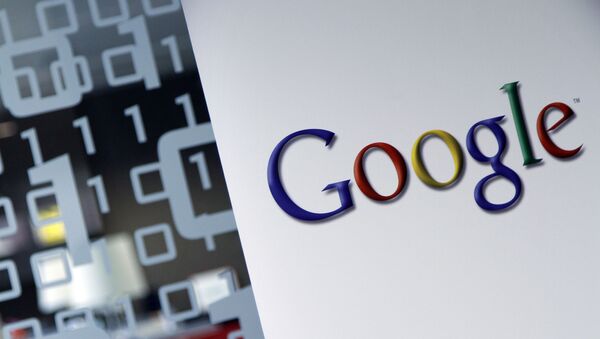Google does not have to enforce the European Union’s “right to be forgotten” law outside the bloc, the European Court of Justice ruled on Tuesday.
“The Court concludes that, currently, there is no obligation under EU law, for a search engine operator who grants a request for de-referencing made by a data subject, as the case may be ... to carry out such a de-referencing on all the versions of its search engine,” the Court of Justice – the supreme arbiter when it comes to European Union law – wrote in a statement on Tuesday.
“However, EU law requires a search engine operator to carry out such a de-referencing on the versions of its search engine corresponding to all the Member States."
The so-called right to be forgotten – also referred to as 'the right to erase' – means that individuals can request a search engine to remove sensitive information about them from the internet under specific circumstances, for instance, when they object to processing their personal data for direct marketing purposes or when their data is being processed unlawfully or is irrelevant. If Google refuses a right-to-be-forgotten request, a European can appeal to their local data protection authority.
This right was codified in the EU’s data protection regulation in 2014, after the European Court of Justice sided with a Spanish man who asked Google to take down links to a 1998 newspaper article that said his house was being repossessed because of a tax debt.
Over the past five years, Google has received almost 850,000 requests from individuals asking for links to 3.3 million websites to be removed.
France’s data protection authority, CNIL, tried to fine Google €100,000 ($110,000) in 2016 for failing to remove links requested by European citizens. Google said it would only delist the search results within the EU, but not elsewhere, and appealed the decision to the Court of Justice.
In practice, Tuesday’s ruling means that Google has to remove the URLs from its European domains such as google.fr and google.de, but they would still be available at google.com.
"Since 2014, we’ve worked hard to implement the right to be forgotten in Europe, and to strike a sensible balance between people’s rights of access to information and privacy. It’s good to see that the Court agreed with our arguments,” Google said in a statement.
Article 19, an international human rights group promoting freedom of information, described the ruling as a “victory for global freedom of expression.”
“Courts or data regulators in the UK, France or Germany should not be able to determine the search results that internet users in America, India or Argentina get to see,” the group said.
“The Court is right to state that the balance between privacy and free speech should be taken into account when deciding if websites should be de-listed - and also to recognise that this balance may vary around the world. It is not right that one country's data protection authorities can impose their interpretation on Internet users around the world.”




